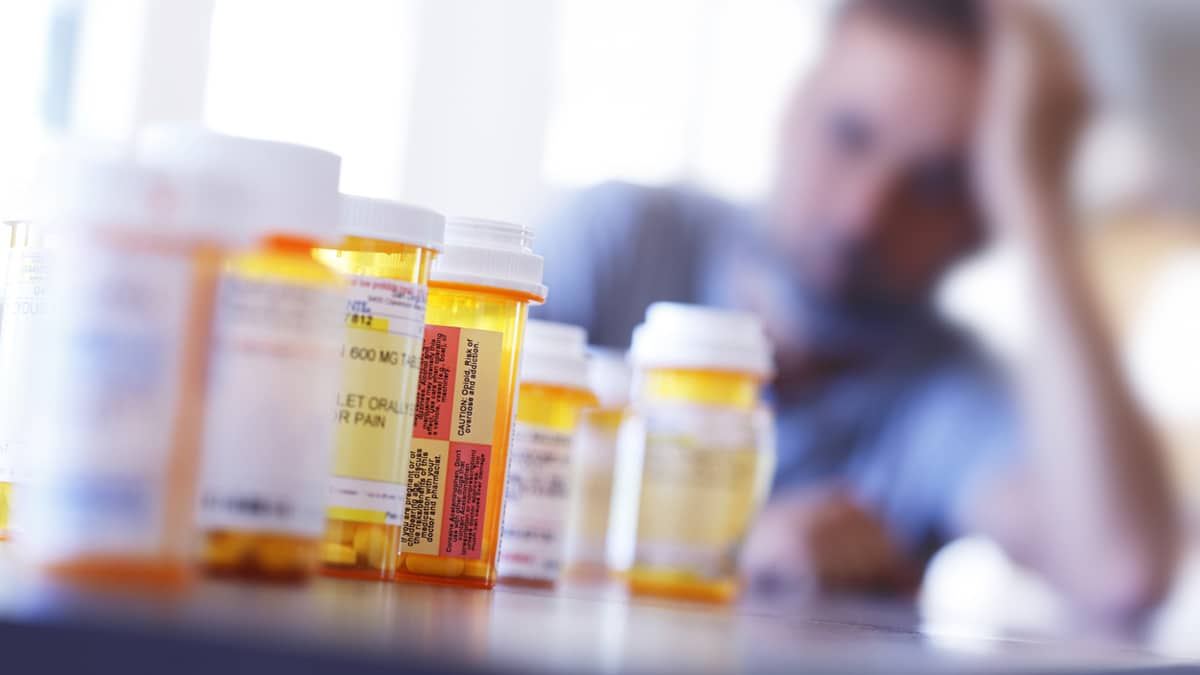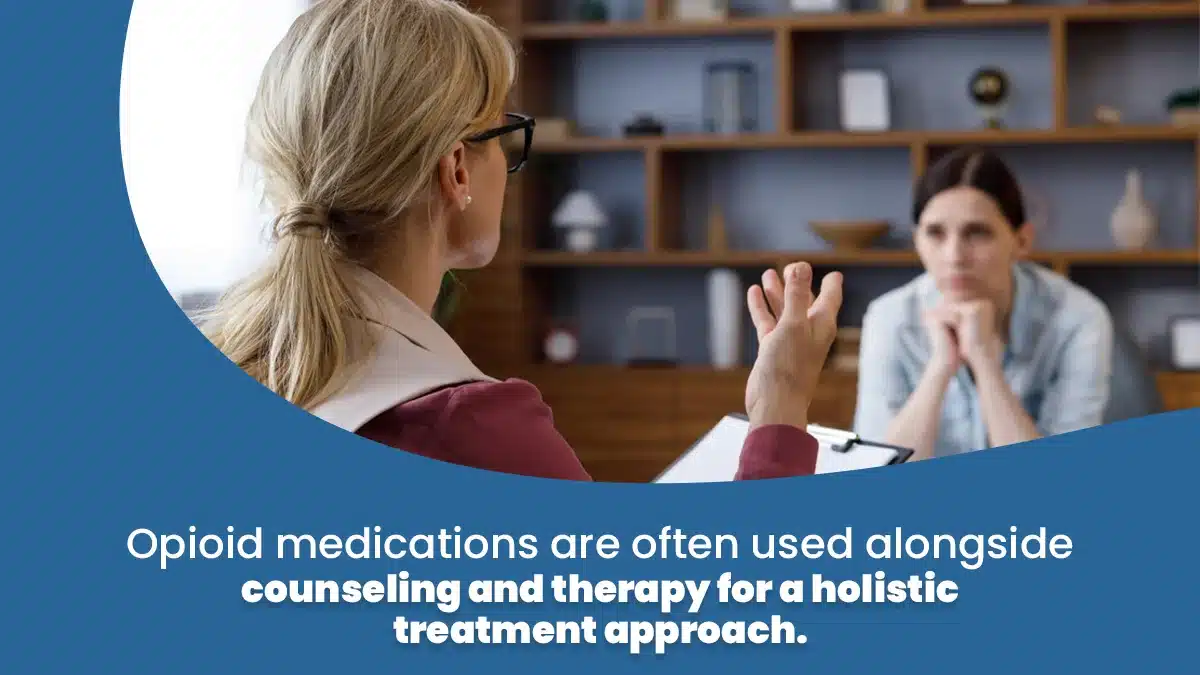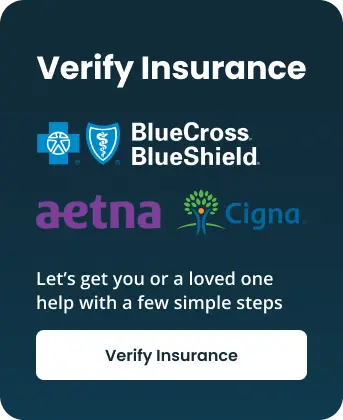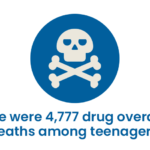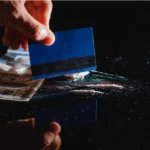When it comes to opiate and opioid use disorder, people are often hesitant about the recovery process since they are worried about experiencing withdrawal symptoms. Luckily, an effective treatment medication called Suboxone can help ease recovery and reduce the chances of a drug relapse.
Buprenorphine is under the brand names Subutex and Suboxone. Suboxone is a combination of opioid buprenorphine and a naloxone antagonist. Suboxone, despite not being approved by the FDA for the treatment of pain. It is increasingly in use to treat long-term chronic back pain.
When you begin using Suboxone, it is critical to understand when this medication is safe to take. This efficiency of Suboxone significantly depends on when you start to use it. Suboxone can only be prescribed to those physically dependent on opioids, as per FDA, and helps opioids in the body to deactivate.
A person who takes Suboxone and does not participate in detox may face severe withdrawal symptoms. The program’s staff at a treatment facility will ensure that the patient is still in the early stages of withdrawal before prescribing Suboxone. This prescribed medication often relieves withdrawal symptoms within an hour of administration.
Suboxone An Effective Treatment of Opioids
Suboxone is a partial antagonist that can be used to treat opioid use disorders. It allows a person to limit their use of opiates as it will decrease cravings. While suboxone overdose is less common, it can still occur, which is why precautions must be taken when administering it.
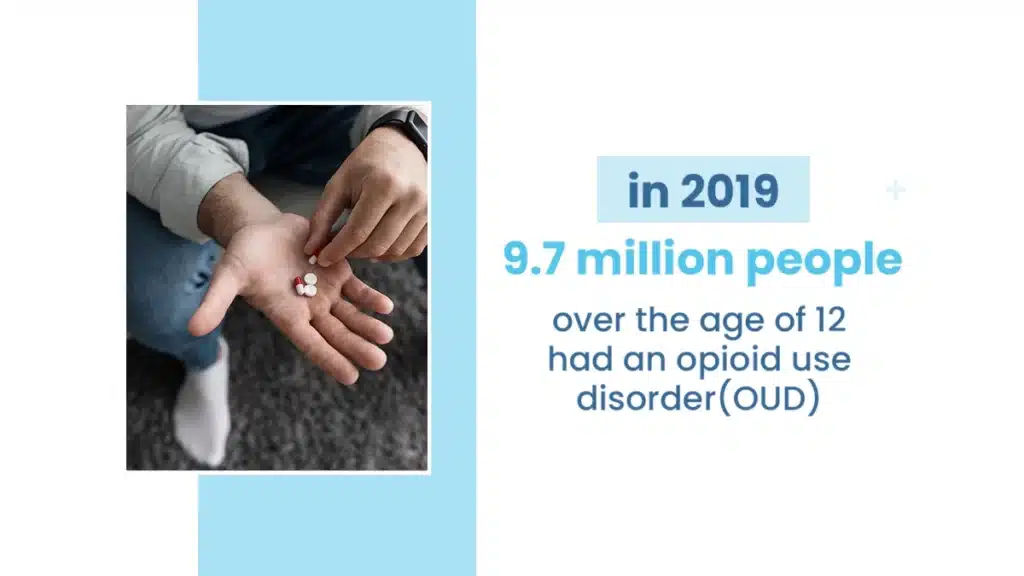
Relief From Withdrawal Symptoms
In 2020, the United States recorded 81,000 drug overdose deaths. There are numerous treatment centers for opiate and opioid addiction in the United States. Attempts to quit taking opioids can trigger many painful symptoms, making abstaining from the substance difficult. In such a condition, Suboxone works to decrease this dependency for an easier recovery.
Remission can be achieved and maintained through Suboxone and Sublocade therapy.
Counseling, medical treatment, and other programs can also aid in remission. The only condition that this medication is prescribed by a doctor for is opioid addiction. These treatments not only reduce opioid cravings but also alleviate withdrawal symptoms. Coping with and controlling withdrawal symptoms from opioid drugs is possible with the help of minimal dosage directed by experts.
Long Term Approach to Recovery
Suboxone combines naloxone (opioid blocker) and buprenorphine, which is a milder opioid. It is prescribed only by clinicians to help patients recover from severe drugs. Excessive use of certain drugs and chemicals can be lethal and result in chemical dependency and addiction.
Opiates provide a sense of well-being in addition to pain relief. Suboxone reduces a person’s desire for euphoric opioids such as heroin, lowering their risk of overdose. Suboxone’s ingredients, buprenorphine, and naloxone alleviate the symptoms of heroin and opiate withdrawal.
Suboxone is tailor-made per patient requirements and treats the patient’s impulse for cravings.
Medically Assisted Therapies
The most effective methods of treating opioid and opiate addictions are inpatient and outpatient programs. According to the US Department of Health and Human Services, 9.7 million people over 12 had an opioid use disorder (OUD) in 2019. Adding recovery medication can broaden the chances of treatment success for patients.
Medication-assisted treatment is typically used to treat opioid addiction inpatients (MAT). Methadone or another prescribed drug is also available at opioid clinics to assist people with detoxing. The MAT therapies focus on talk therapy as well as administering the medications that are helpful to control opioid cravings. Patients can efficiently get rid of their opioid dependence with thorough treatment at the right facility.
A rehab center’s common medically supervised medication is methadone and Suboxone.
Inpatient Rehab
When a person has been misusing opioids for an extended period of time, they may require 24 hours monitoring. The naloxone in Suboxone can help alleviate the opioid overdose symptoms in the body. It reverses the effects of the addiction, disposing of the remaining opiates from your body. Professionals will monitor your health condition around the clock when you reside in a treatment facility through an inpatient program.
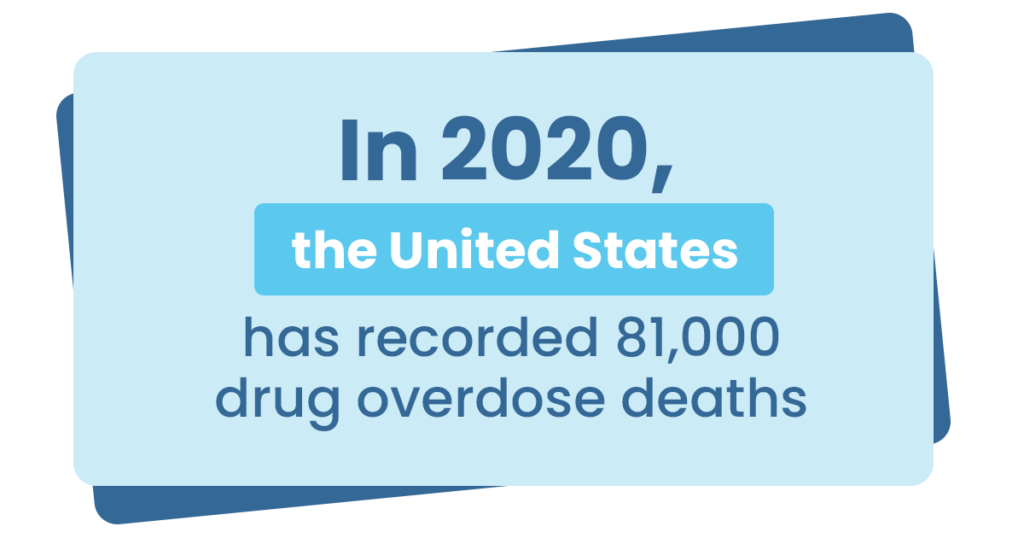
Frequently Asked Questions
Is Suboxone good for your body?
As per National Institute on Drug Abuse, long-term use of any opioid can lead to addiction, and when it comes to Suboxone is also a moderate opioid that shall be only administered for treatment in a controlled manner.
What is the point of taking Suboxone?
Suboxone can help treat the pain killer and other opioids that abuse can harm your health. It also effectively relieves opioid withdrawal when you quit taking the drug so that you can recover more comfortably and get back to the responsibilities of your daily life.
What are the benefits of Suboxone treatment for opiate addiction?
The treatment is highly effective in eliminating the use of opiates such as heroin, fentanyl, and other harmful opioids. It alone can help to deal with the withdrawal system when it is given along with therapies.
Is Suboxone a good treatment for opiate addiction?
Suboxone is a favorable treatment for opioids. It is technically comprised of two ingredients, naloxone and buprenorphine. It is an impeccable treatment when aided with therapies.
Get Tailor-Made Treatment Plans at Haven Detox
At Haven Detox, we provide effective treatment programs led by professional physicians that aid in the recovery process so that you can get back to day to day life. Our treatment plans are designed for a safe and comfortable long-term recovery. We offer inpatient and outpatient programs for detoxing and therapy, with a team of professionals that can administer medication alongside addiction treatment. If you or a loved one are struggling with drug addiction and you are ready to take action, contact us today for more information.


